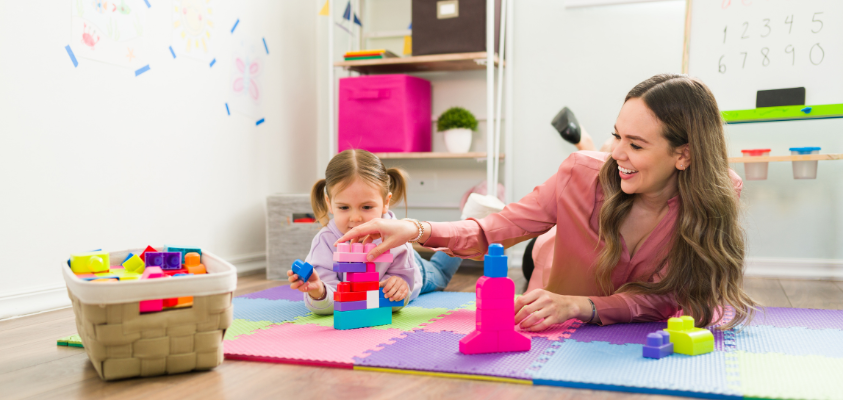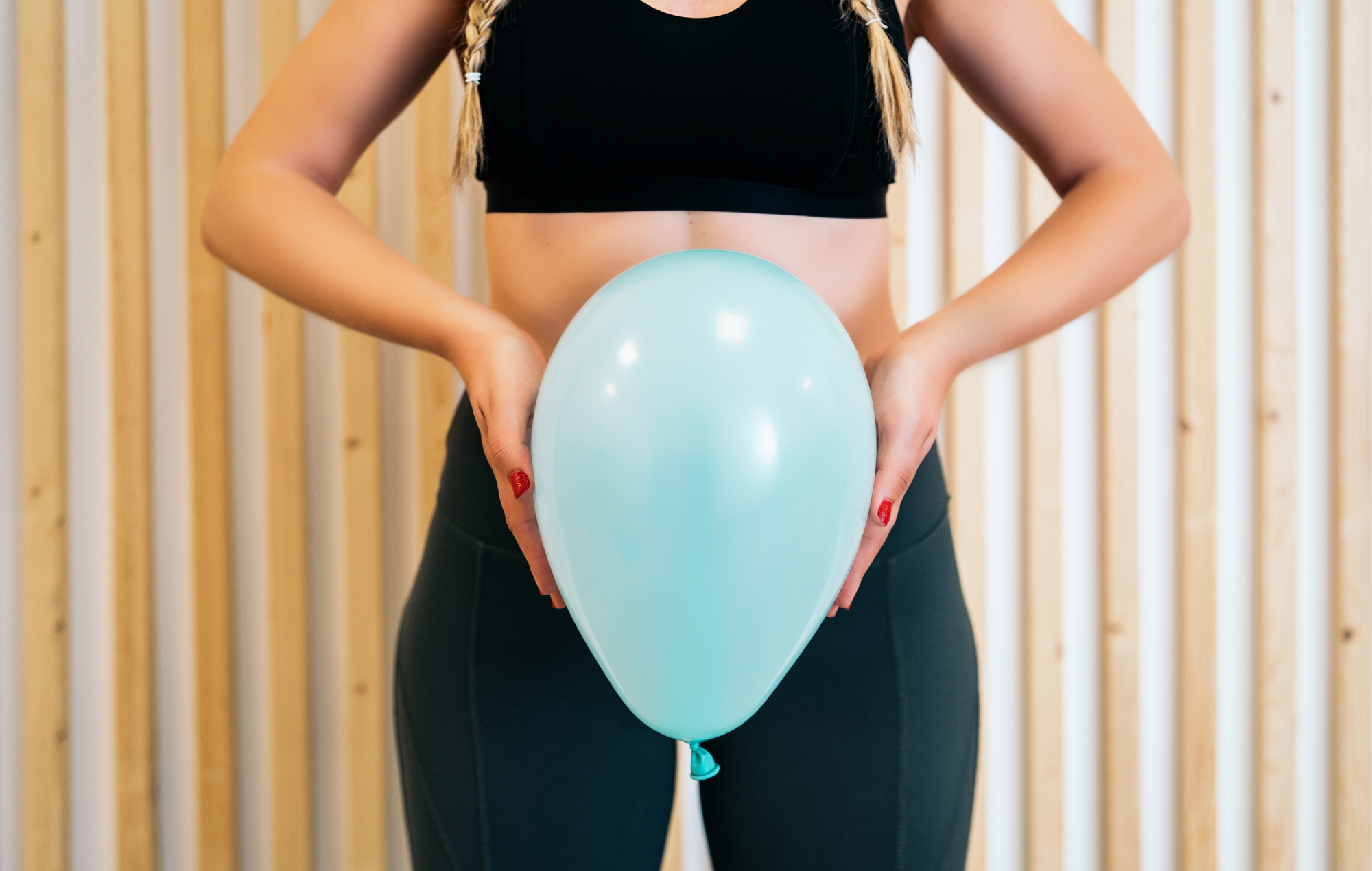Have you ever been told, "After you have kids, a little leaking is normal"? Let's set the record straight: while common, leaking urine after childbirth is not something you have to accept as normal. It's a sign of pelvic floor muscle dysfunction that deserves attention.
Does a C-Section Prevent Incontinence?
Surprisingly, no. Research shows that whether you've had a c-section or a vaginal birth, the chances of developing urinary incontinence are similar.
How Much Leakage is Too Much?
Whether it's a few drops or more, any amount of urine leakage—be it with coughing, sneezing, exercising, or simply getting up—is a concern that shouldn't be ignored.
Do I Have Urinary Incontinence?
If you find yourself leaking urine during everyday activities or when you feel the urge to go, it's likely you're experiencing urinary incontinence. There are different types and causes, but the common denominator is dysfunction in your pelvic floor muscles.
Why Does This Happen?
Pregnancy and childbirth put immense strain on your body. Muscles stretch, organs shift, and recovery is a journey in itself. Factors like tearing during childbirth can worsen symptoms. Just like any muscle, your pelvic floor muscles need targeted exercise and care to regain strength and function.
What's the Next Step?
Enter pelvic floor physical therapy. A specialist can assess why your muscles aren't holding urine as they should—whether they're too tight, too weak, or lack coordination. Imagine your muscles as a trampoline: they need strength to support and flexibility to absorb impact. This holistic approach helps you navigate postpartum incontinence with personalized care.
Is It Too Late to Seek Help?
Absolutely not. At any stage in life, you can strengthen and rehabilitate your body. The human body's capacity to heal and adapt is remarkable. If you’re interested in seeking personalized and accessible care, send us a message to get started!






